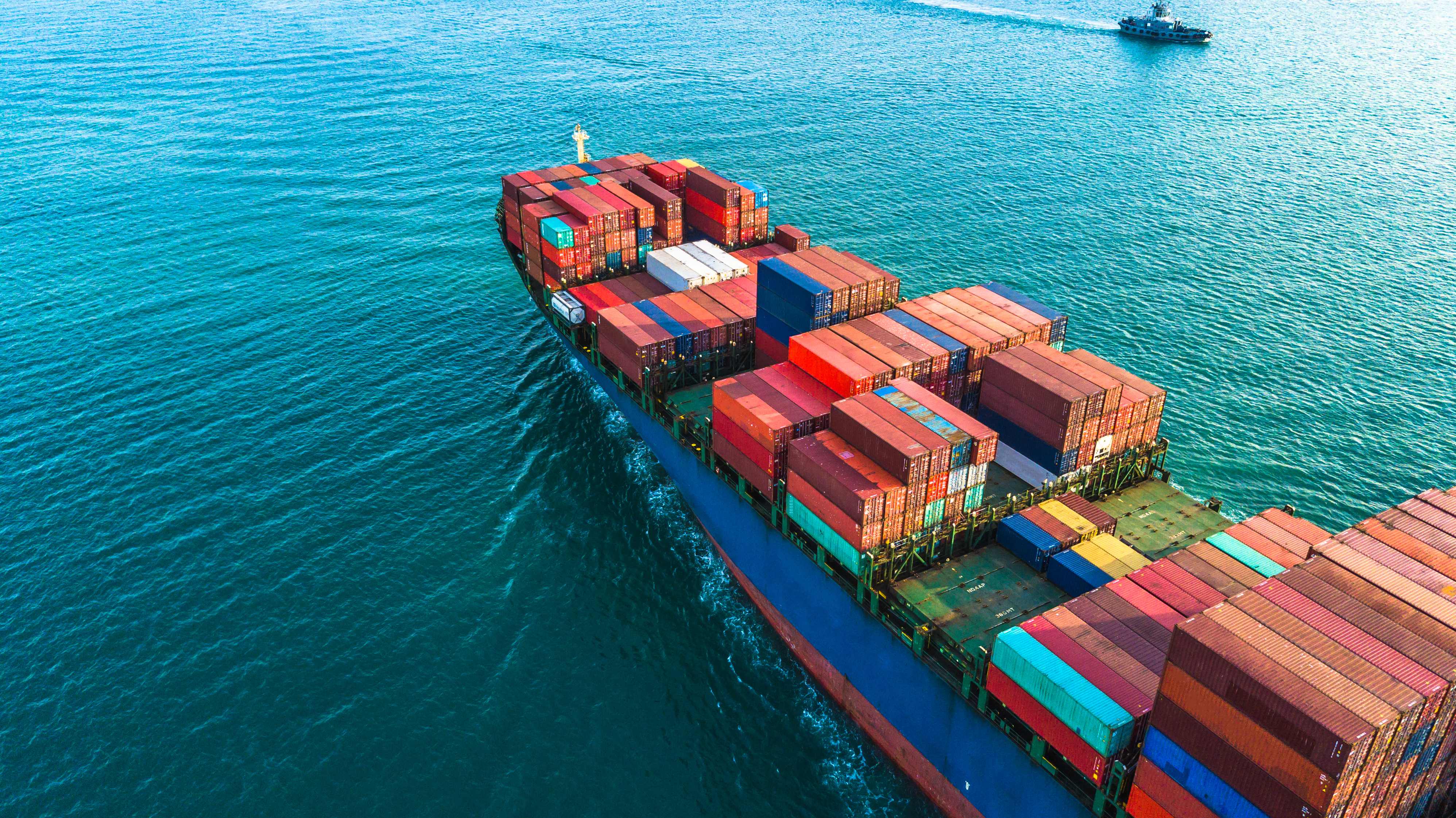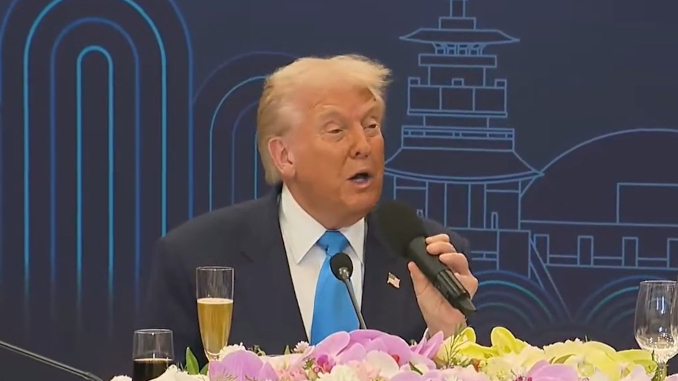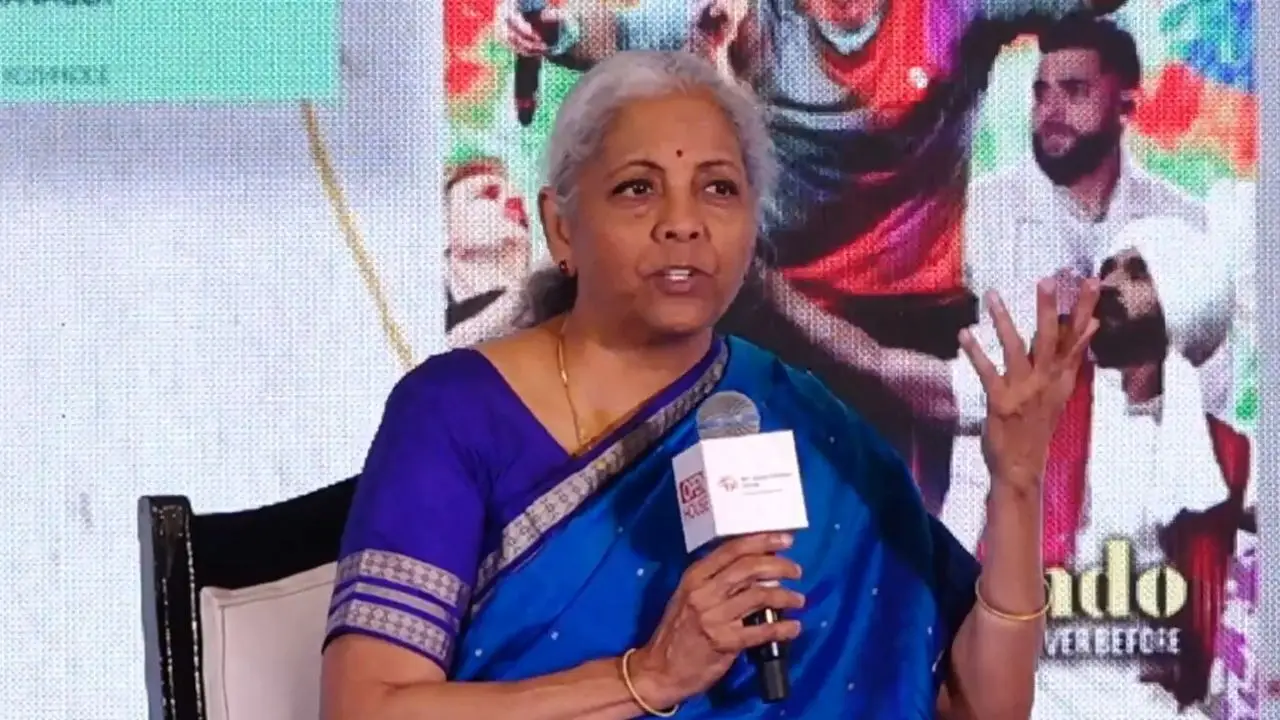Copyright bnef

Emerging economies are expanding deployment of clean energy while seeking to strengthen domestic manufacturing of key technologies. As they pursue those goals, some nations are plotting higher import tariffs to protect local firms – a move that sits uneasily with rising clean-tech imports and which could increase the cost of the energy transition. The Clean Energy Trade and Emerging Markets report – produced by BloombergNEF and commissioned by Bloomberg Philanthropies – assesses how trade and industrial policy are reshaping flows of clean technology. It examines electric vehicles (EVs), batteries, solar products and wind turbines to help policymakers weigh the trade-offs between industrial strategy and decarbonization. Industrial policy is enjoying a global revival. China sits at the center of clean-tech manufacturing – hosting at least 80% of capacity across major parts of the solar and battery supply chains – and it is against this backdrop that governments are seeking to strengthen their own industrial capacity. Exports from China to Asia, Africa and Latin America are booming, with low-cost solar panels, batteries and EVs helping accelerate the energy transition in power generation, storage and transport. Clean-tech imports are reshaping markets – from record solar installations in Pakistan to an influx of EVs in Brazil.



